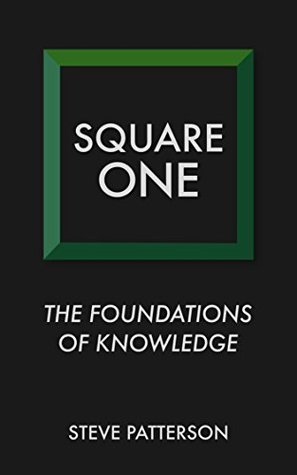More on this book
Kindle Notes & Highlights
This book is about the search for solid foundations – certain truths on which to build your worldview. After searching, I've discovered them. Certain foundations are both necessary and inescapable. I will explain these qualities in Chapter Three.
From Top to Bottom An excellent tool for going from conclusions to premises, then from premises to foundations, is a question: "why?" It doesn't matter the starting idea. Ask "why?" a few times in a row, and you'll quickly get into foundational issues.
Intuitively, it seems like "why?" questions can be asked without end – that ideas cannot stand alone without deeper reasons. But in fact, there are truths so foundational that the question "why?" does not apply. These truths are not contingent on other premises; they are necessary. In fact, these truths are so fundamental, that every other idea presupposes them. They rest at the bottom of every worldview, whether explicit or implicit. They are certain, absolute, and objective. Without them, one cannot even have coherent thoughts.
Most ideas are not certainly true. They fall onto a spectrum. Instead of being pure black or white, they are various shades of gray.
The following statements might appear as self-evident truisms, but when understood, they illustrate the most fundamental truth in philosophy: There is no non-logical type of existence, because in every case of existence, you have existence. There is no existent thing that is non-existent. Nothing exists which does not exist. A non-logical existence would be non-existence – and therefore, does not exist. If something does exist, it doesn't not-exist. Everything that exists, exists. This means logic applies to every existent thing by virtue of the fact that the thing exists and doesn't
...more


